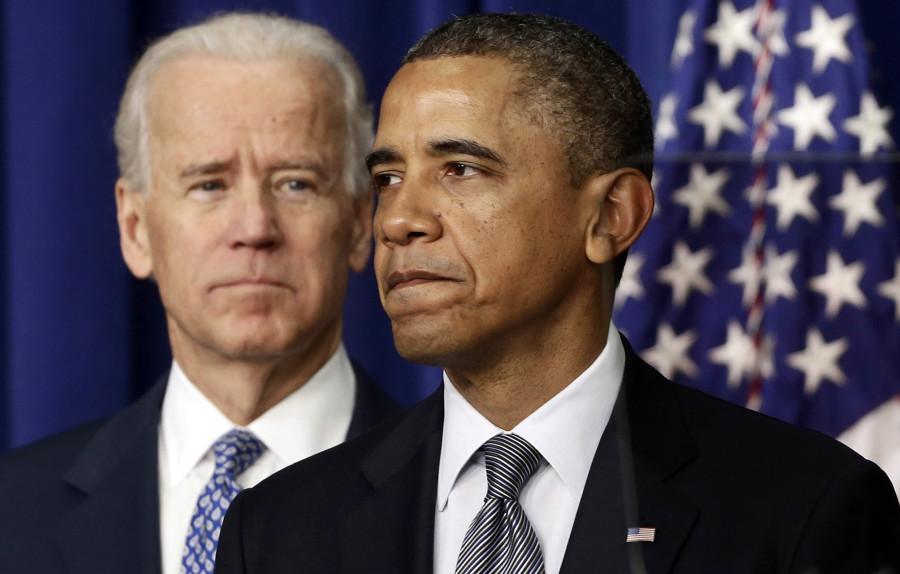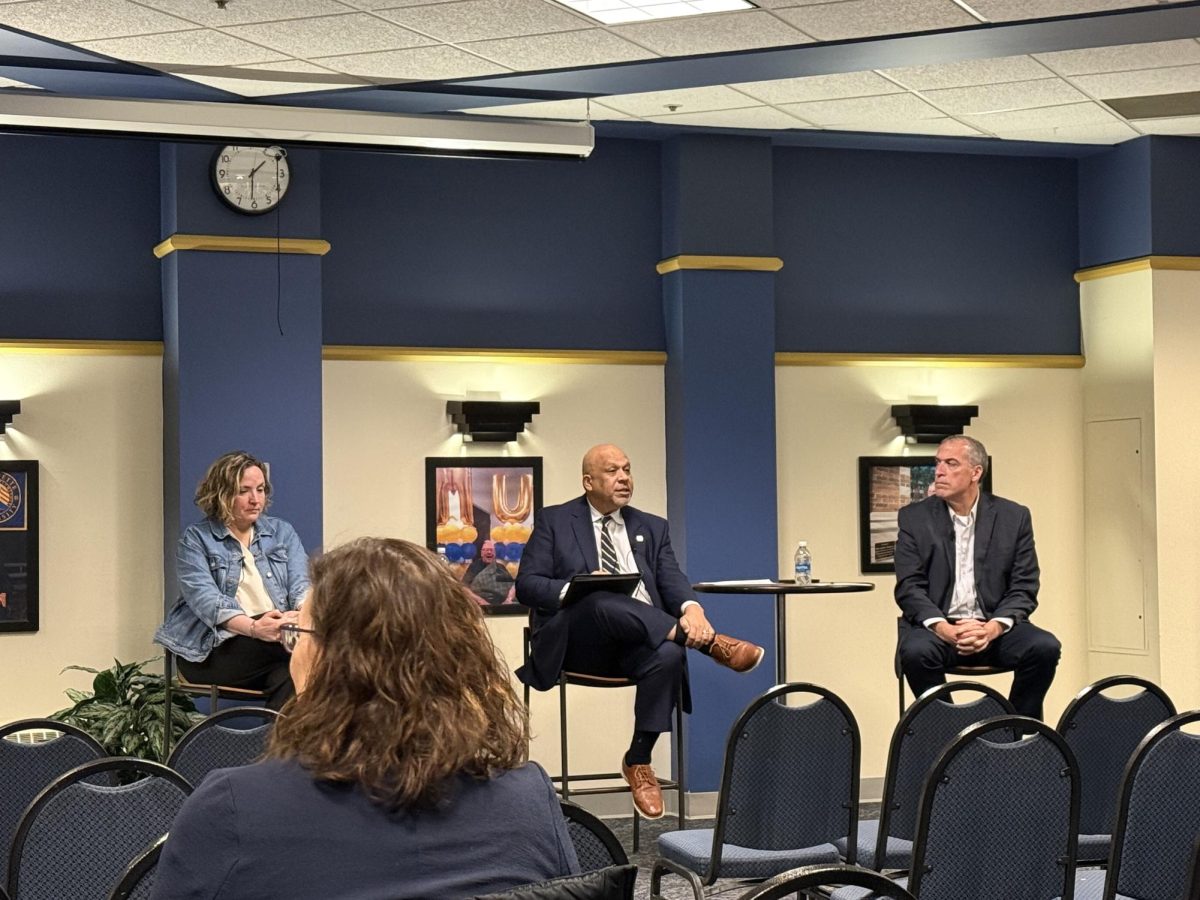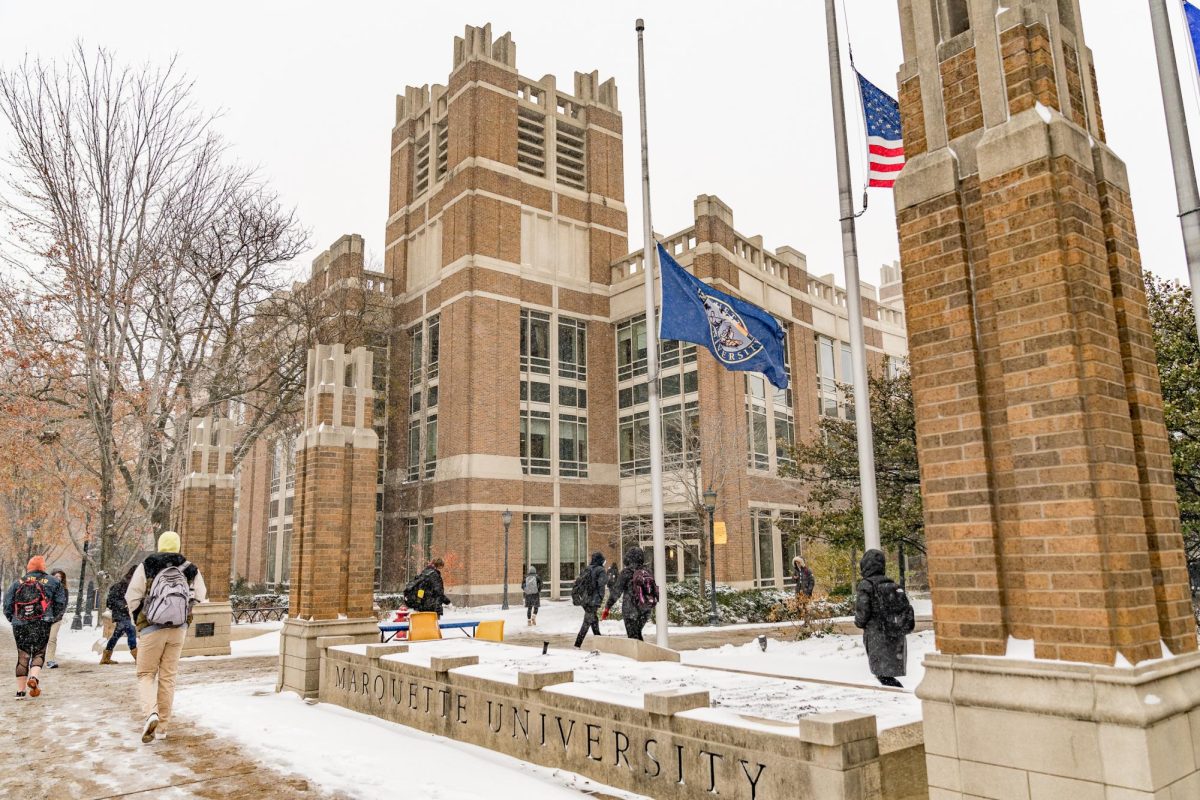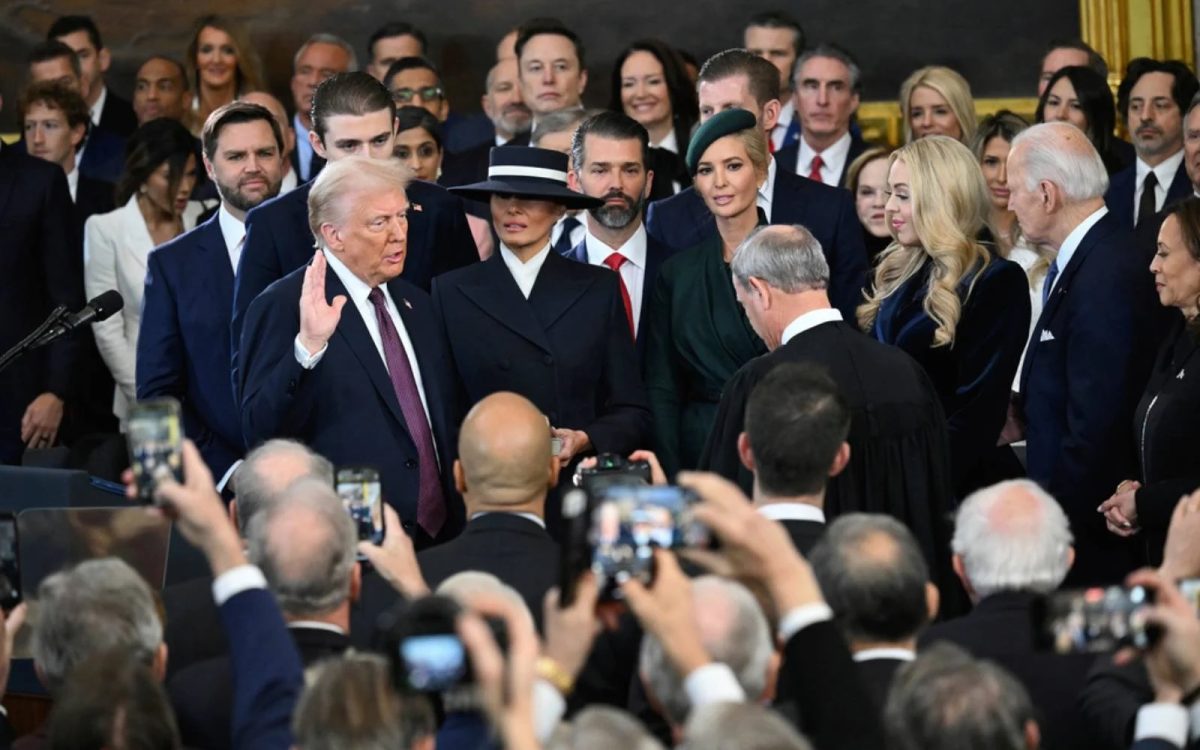The ultimate act of dedication to one’s country – service in the armed forces – means very little to American deportation officers. Or at least, we can infer that much from the stories of Hector Barajas, Howard Bailey and Mauricio Hernandez, three deported veterans who will be featured in Mike Seely’s upcoming documentary “Exiled: America’s Deported Veterans.”
Task & Purpose, a veteran news site, reported that Barajas, Bailey and Hernandez all committed crimes following their military service, and even after serving time for their wrongdoings, were deported from the United States.
Barajas now runs a home for deported veterans called The Bunker in Tijuana, Mexico. He told NPR that he helps deported veterans seek medical assistance and find work. When they need help overcoming drug or alcohol addiction, he sends them to a church pastored by another deported veteran, Robert Salazar.
Without Barajas’s and Salazar’s help, many of these veterans would be left to their own devices in a country they have not lived in since childhood. These men’s stories, though infuriating, are not unique. CNN reports that anywhere from a few thousand to 30,000 veterans have been deported since 1996. But since the government does not record how many veterans are deported, there is no official figure. This should not come as a surprise – few people, even in government, keep written records of their deepest causes for shame.
Despite moralizing from both sides of the political spectrum regarding the need for immigration reform and better care for veterans, the fact remains that our government enforced the deportation of people who were willing to lay their lives on the line to defend the nation.
This was not always the case. In 1996, the Illegal Immigration Reform and Immigrant Responsibility Act made it easier to deport individuals living legally in the U.S. without citizenship. If such a person were to commit an “aggravated felony,” he or she could face deportation.
Alisa Wellek, the executive director for the Immigrant Defense Project, explained to Task & Purpose that “‘a crime doesn’t have to be aggravated or a felony’ to be considered an aggravated felony and can include minor offenses like drug possession. Additionally, in aggravated felony cases, judges have little discretion to weigh the merits of a veteran’s service.”
The fact that “drug possession” is included is particularly ironic. Who could blame a veteran for self-medicating when the alternative is waiting for years on a V.A. waiting list? But that is another veteran-related issue entirely.
The solution is so obvious; it is embarrassing that it has not yet been adopted. Citizenship should be granted to immigrants serving in the armed forces. They do a great deal more good for the country than any of the suits in Washington, and they appear more dedicated to America than many U.S. citizens.
Most U.S. citizens, such as myself, are thankful for the men and women in uniform and would like the government’s policies to reflect that gratitude. There would be outrage if more people knew that service does not merit citizenship.
Hopefully, the premiere of Seely’s documentary will raise awareness of this issue. In the meantime, I am going to write a letter to my senator, and I encourage you to do the same.







